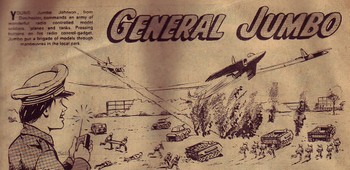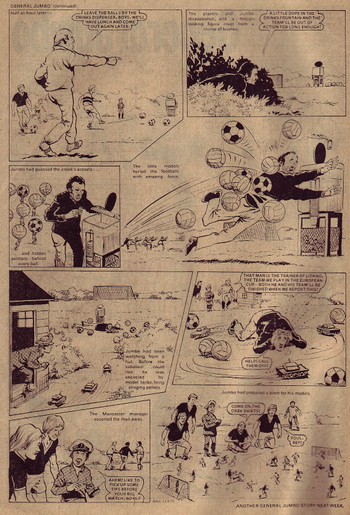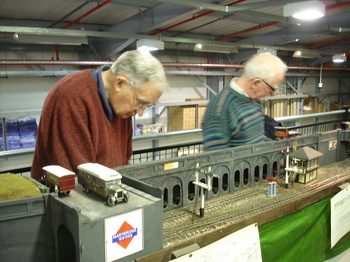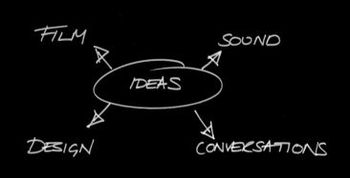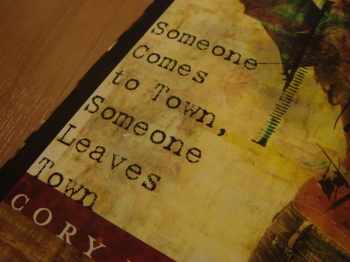Sometimes I'm very proud to be British. This post-Christmas / New Year period has been one of those times. Because clearly, no-one can be arsed to go back to work. Most of the people at the coffee morning yesterday hadn't been back to work yet. The Guardian describe is as The Great British Skive with tons of businesses staying closed between Christmas and New Year and many not opening again until January 8th. (explanation of skive)
The Federation Of Small Businesses bleated that "The country will take some days to crank up again. We have stiff competition from China and India and if we are all away until the 8th there is an impact." Though if the competition is stiff enough to be impacted by our holidays then we're screwed already.
I was thinking about this myself this morning, wondering if I'd gone back to work yet. It's hard to know when you work for yourself and work from home. When do you go back to work? I've been answering emails and answering the phone the whole holidays, does that mean I've not stopped working yet? (I shall be listening to this to find out.)
I thought about it even more when I heard this extract from Tom Hodgkinson's How To Be Free. (The audio is only up for a week.) He pointed out that Merrie England was called that because it was a very merry place, he reads a list from Ronald Hutton's Rise and Fall of Merry England which makes it clear that before the reformation the whole year was chockful of feast days and holidays. Until the bloody puritans came along. And: "the tragedy of the 19th century was that Western man came to see himself, first and foremost, as a worker."
I think the Great British Skive isn't just a momentary aberration. I suspect it's part of a re-balancing going on in UK society, re-considering the relationship between work and life. This is partly because the economy is doing OK and we're, relatively, fat and happy at the moment. But I think it's a thing. Worth looking out for anyway.

